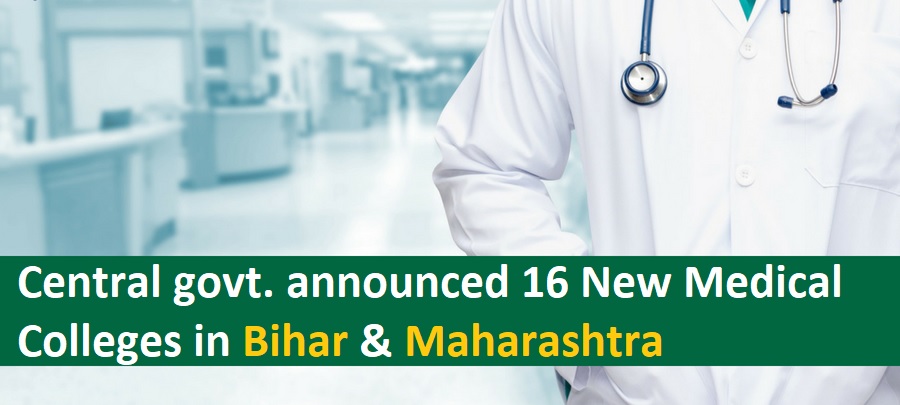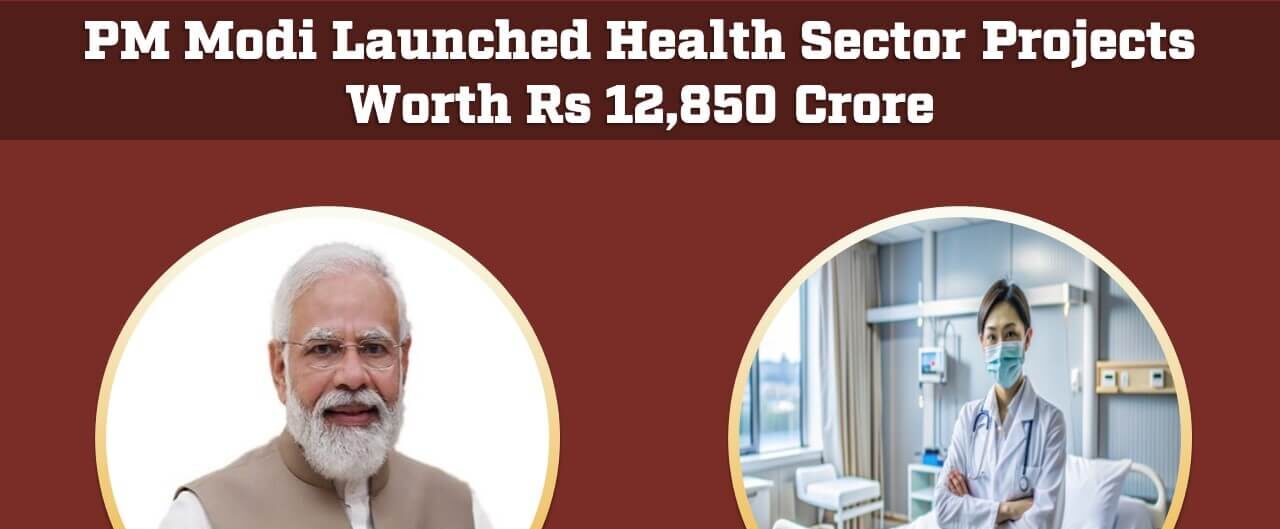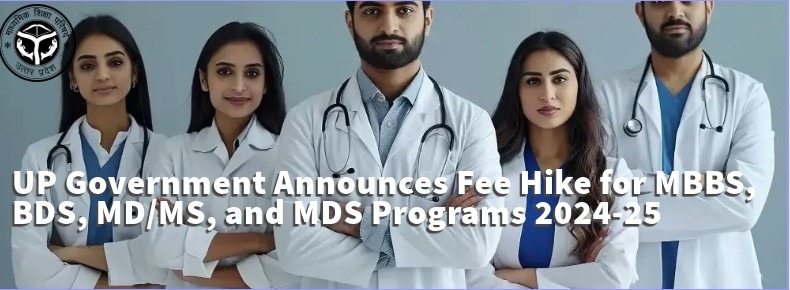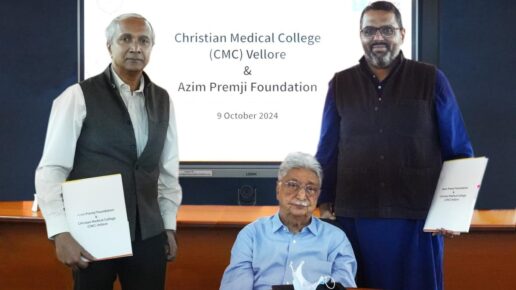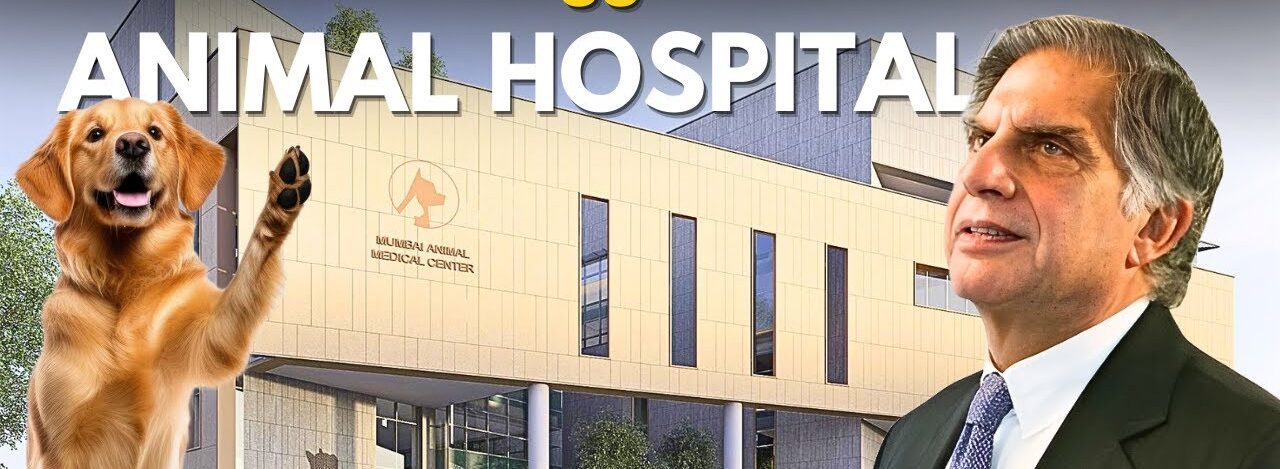MCC released the Round 1 Provisional Allotment Result for NEET PG Counselling 2024
Provisional Allotment Result: The Medical Counselling Committee (MCC) has officially released the Round 1 Provisional Allotment Result for NEET PG Counselling 2024. Candidates who participated in the counselling process can now check their provisional allotments on the MCC’s official website, www.mcc.nic.in. This is a crucial step in the NEET PG admission process, and candidates are advised to check their results promptly.
Additionally, the reporting and joining period for candidates allotted seats in Round 1 has been scheduled from November 21 to November 27, 2024. All candidates who have been provisionally allotted seats must report to their respective colleges and complete the joining formalities during this period.
Reporting and Joining Period for Round 1 Allotment
- Reporting Period: Candidates who have been provisionally allotted a seat in Round 1 must report to their respective allotted medical colleges or institutes between November 21, 2024, and November 27, 2024.
- Joining the College: Candidates must join their allotted institution by completing all the required formalities, including submitting necessary documents and paying fees, during this period.
How to Check the NEET PG Counselling 2024 Round 1 Provisional Allotment Result
To ensure that you can check the Provisional Allotment Result easily, follow these simple steps:
Step-by-Step Guide:
- Visit the Official Website
Open your web browser and go to the official website of the Medical Counselling Committee (MCC): www.mcc.nic.in. - Click on the ‘PG Medical Counselling’ Link
On the homepage, locate and click on the link labelled “PG Medical Counselling”. This section provides information about NEET PG counselling and allotment results. - Select the ‘Provisional Result for Round 1 MD MS PG 2024’ Link
- Search for Your Name and Roll Number
- Download and Save the Provisional Result
After confirming your allotment details, download the PDF and save it for future reference. It’s important to keep this document handy for further procedures.
Information About the Provisional Allotment
- Indicative in Nature: The provisional allotment result is indicative and subject to change. It is not the final allotment, and candidates cannot claim the seat based on this provisional result.
- Discrepancy Reporting: If you notice any discrepancies in the result, you must report them immediately. The deadline to raise objections or discrepancies is 12:00 Noon on November 20, 2024. Candidates can send an email to [email protected] with their issue.
- Final Result Declaration: After the discrepancy reporting deadline, the provisional result will be treated as final. No further changes will be made after this point.
- Allotment Letter: Candidates must wait for the final result before approaching the allotted college. Additionally, candidates can only report to their respective colleges after downloading the official allotment letter from the MCC website.























